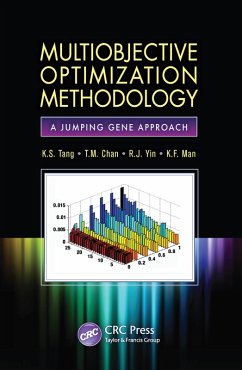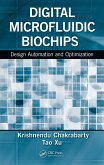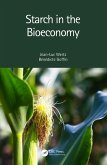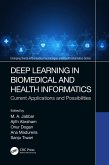Deriving engineering designs from multiobjective optimization techniques is a challenging task, particularly when design criteria conflict performance requirements. The first book to focus on jumping genes outside bioscience and medicine,
Multiobjective Optimization Methodology: A Jumping Gene Approach introduces jumping gene algorithms designed to supply viable, adequate solutions to multiobjective problems quickly and with low computational cost. Reviewing state-of-the-art multiobjective optimization techniques, it covers the fundamental concept, theoretical justification, simulation verifications, and applications of the jumping gene in evolutionary computation. The book provides the technical know-how to obtain crucial trade-off solutions between convergence and diversity.
Dieser Download kann aus rechtlichen Gründen nur mit Rechnungsadresse in A, B, BG, CY, CZ, D, DK, EW, E, FIN, F, GR, HR, H, IRL, I, LT, L, LR, M, NL, PL, P, R, S, SLO, SK ausgeliefert werden.









